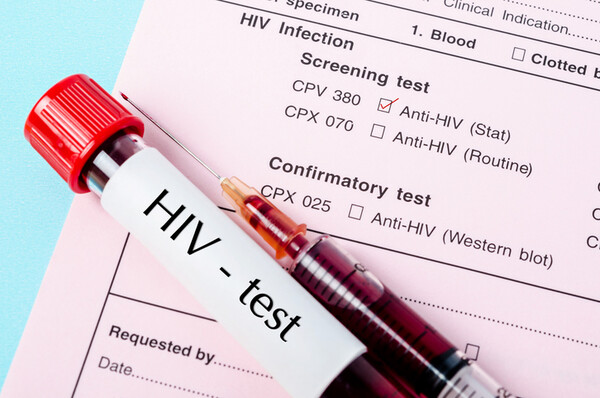
The safety and effectiveness of pre-exposure prophylaxis (PrEP) for HIV among gay men in Korea have been demonstrated.
PrEP is a regimen in which individuals at high risk of HIV infection, such as those with an HIV-positive partner or gay men, take one HIV treatment pill daily. While the World Health Organization (WHO) recommends PrEP as a key strategy for HIV prevention, research targeting gay men in Korea has been limited.

Soon Chun Hyang University Hospital Seoul announced on Thursday that this was confirmed in a study conducted by a research team led by Professor Baek Yae-jee of the Department of Infectious Diseases and Professor Choi Jun-yong of the Department of Infectious Diseases at Severance Hospital. The study involved 100 HIV-negative gay men aged 20 or older at Severance Hospital from June 2020 to January 2023.
The research team provided daily PrEP therapy based on tenofovir disoproxil fumarate (TDF) and emtricitabine (FTC), antiviral drugs for HIV prevention, to the study participants and followed them for an average of 392 days. TDF and FTC are drugs proven to prevent HIV infection by preventing the virus from replicating in the body, thereby blocking infection when the virus enters.
As a result, 77 percent of participants consistently used PrEP, and new HIV infections were less than 1 per 100 people (incidence rate of 0.98). Furthermore, no serious side effects, such as liver or kidney dysfunction, occurred during the medication period.
Contrary to concerns that PrEP might encourage reckless sexual behavior, no increase in risk-taking sexual behavior was observed. Instead, a positive effect was noted: participants visited hospitals more frequently to receive treatment for other sexually transmitted infections.
“This study is highly significant as it proves that PrEP not only lowers HIV infection rates but is also a safe and effective infection prevention strategy,” Professor Baek said.

